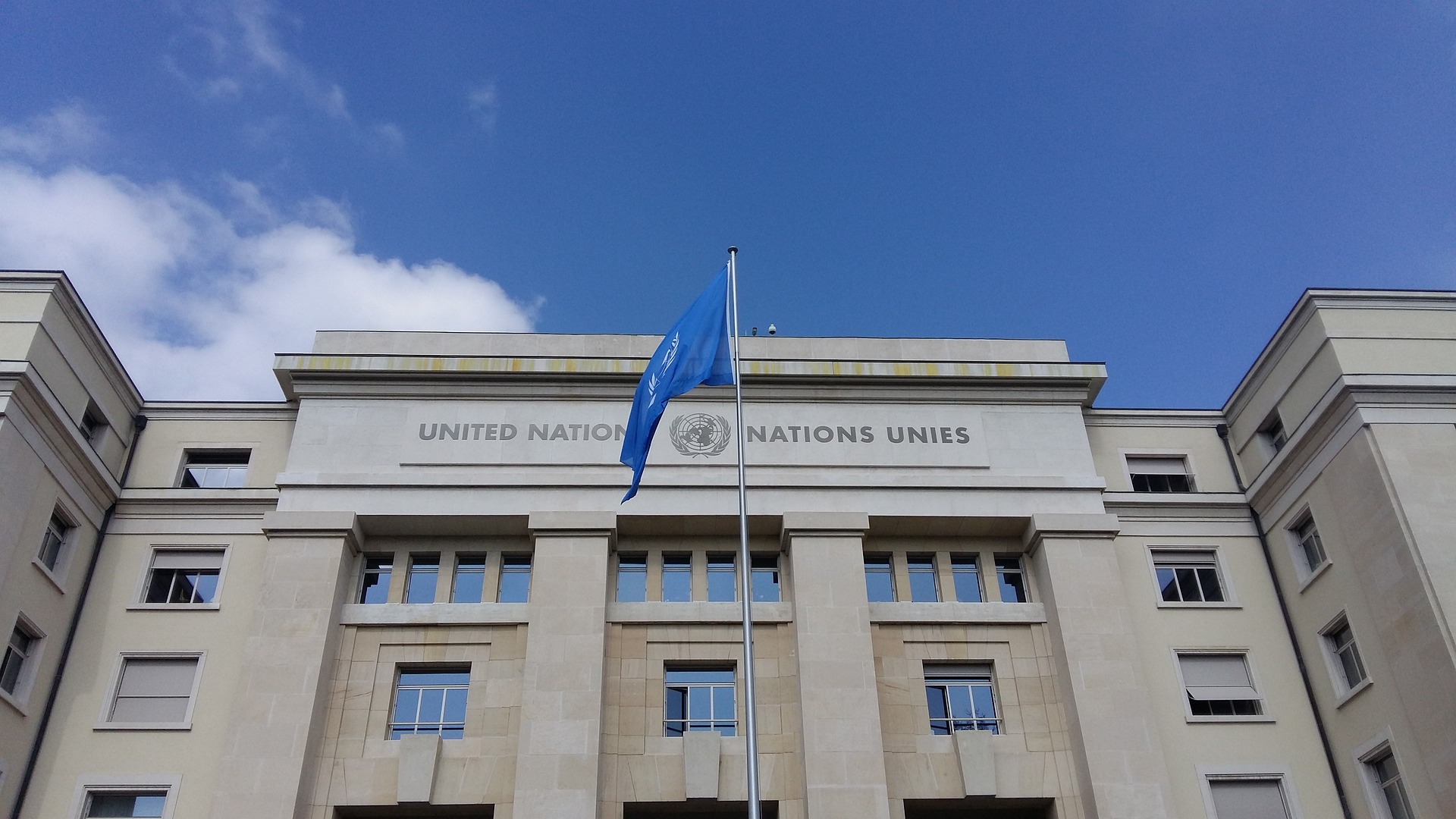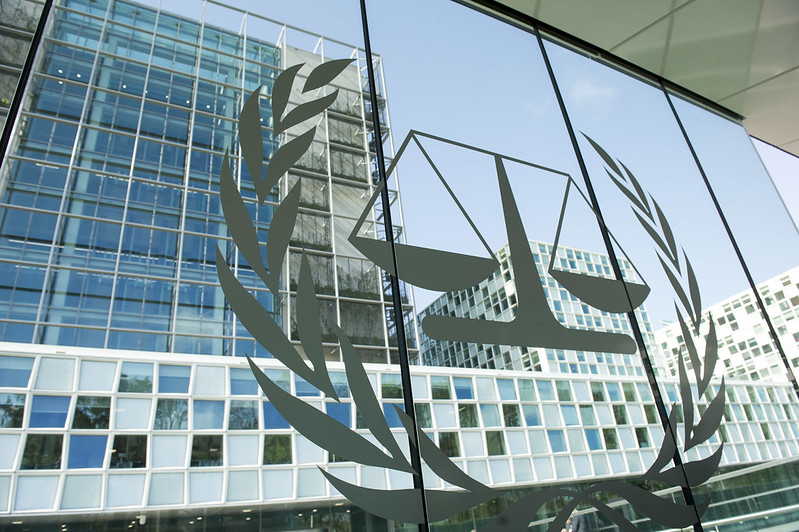On 5 and 6 November, IPS Executive Director Federica D’Alessandra, with Visiting Fellows Ambassador Stephen Rapp, Sareta Ashraph, and Kirsty Sutherland participated to a (virtual) conference, organised by the International Commission of Jurists and the Dutch Government, focusing on ‘The Role of UN body-created accountability mechanisms in the global fight against impunity’. At the conference, our IPS team participated actively to discussions, and presented interim findings from our research on the permanent support that might be needed to fulfil international investigative mandates.
The Conference builds on (and is complementary of) previous conversations convened by our IPS team on 16 October and 18 September 2020 (programme and list of participants here and here). These conversations focused on the ‘upstream’, ‘downstream’, and ‘structural and budgetary’ challenges faced by UN mandates affected by the ‘accountability turn’,following data collection by our team over the summer. Data collection included 57 interviews with domestic and international prosecutors and investigators, as well as various groups in the civil society conducting documentation of mass atrocity crimes; and an anonymous survey of 103 UN staff working with these mandates. The survey was supported by of the UN Office of the High Commissioner for Human Rights. Preliminary observations deriving from our research can be accessed in a series of blog posts published by Opinio Juris:
- Anchoring Accountability for Mass Atrocities: Providing the Support Necessary to Fulfil International Investigative Mandates (18 September 2020)
- Anchoring Accountability for Mass Atrocities: Perspectives from the Civil Society (19 September 2020)
- Anchoring Accountability for Mass Atrocities: Perspectives from Prosecutors (19 September 2020)
- Structural Challenges Confronted by UN Accountability Mandates: Perspectives from Current and Former Staff (Part 1) (14 October 2020)
- Structural Challenges Confronted by UN Accountability Mandates: Perspectives from Current and Former Staff (Part 2) (14 October 2020)
- Structural Challenges Confronted by UN Accountability Mandates: Perspectives from Current and Former Staff (Part 3) (14 October 2020)
At a time of increased resistance to international criminal justice and human rights, the activities of the civil society and UN mandates have energised a continued commitment to pursuing accountability for international crimes. The case of Myanmar, where the activities of the International Criminal Court, the International Investigative Mechanism for Myanmar (before it, the Myanmar UN Fact-Finding Mission), the International Court of Justice, and many civil society groups currently intersect, might be the most illustrative example.
At the same time, this proliferation of activities around the same crime scenes also carries significant risks. In extreme cases, these can include the loss of probative value of evidence or the re-traumatisation of victims and witnesses. As more international justice actors operate around the same situations of mass violence, greater coordination is essential. In fact, this project builds upon previous research carried out by our team, and specifically by Federica D’Alessandra and Ambassador Rapp, around collecting best practices and making recommendations for how civil society groups and UN mandates can maximize benefit and minimize harm to judicial accountability processes when documenting atrocities according to human rights mandates and methodology. At the same time, we are asking ourselves how can UN mandates be best supported in this important work?
Alongside our partners at the International Bar Association and the Simon Skjodt Center for the Prevention of Genocide, we are convening a series of in-depth, technical workshops aimed to discuss our research and to provide policy-oriented and realistic recommendations rooted in the best evidence available to us. We hope that our research will inform potential reform options that will strengthen, rather than weaken, the current architecture of international justice.




